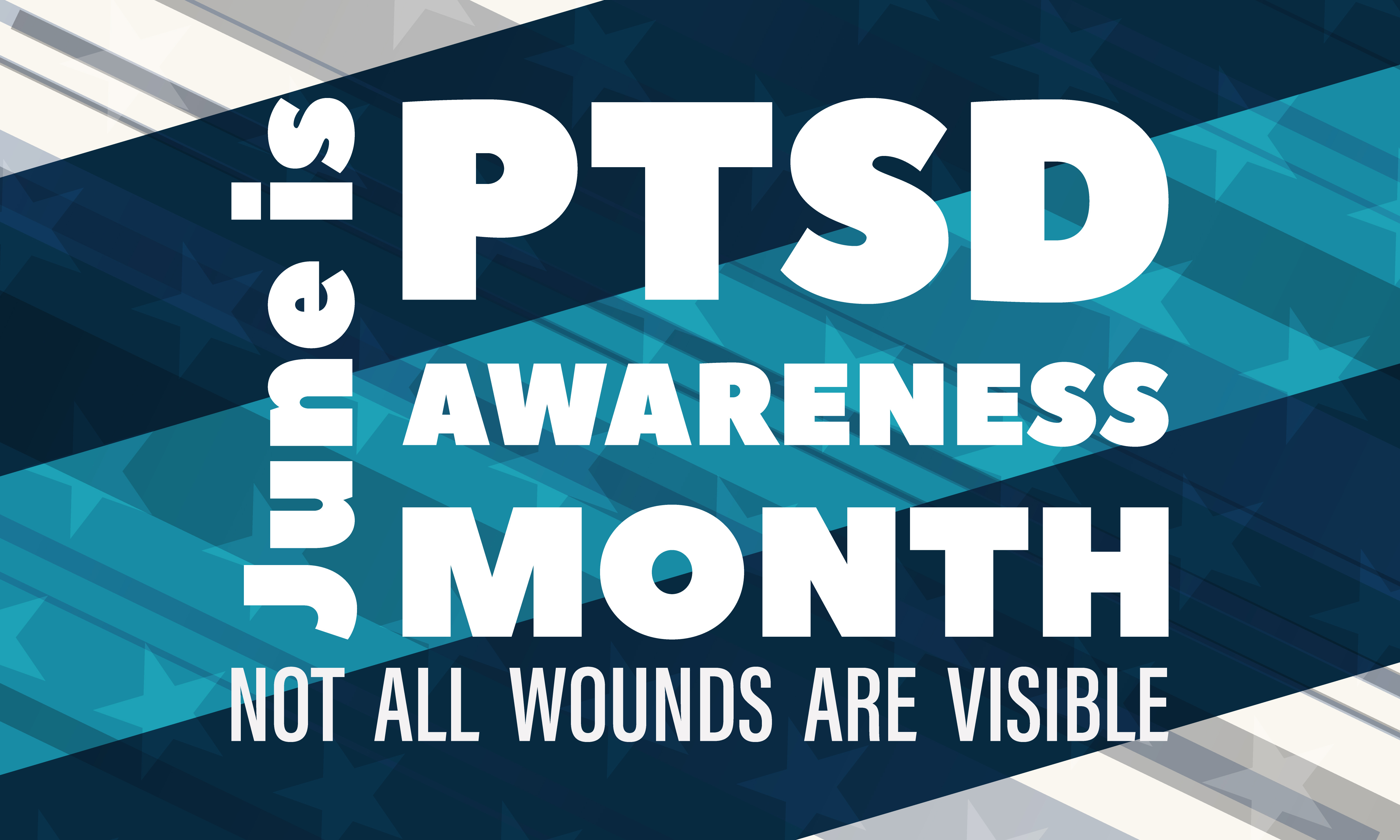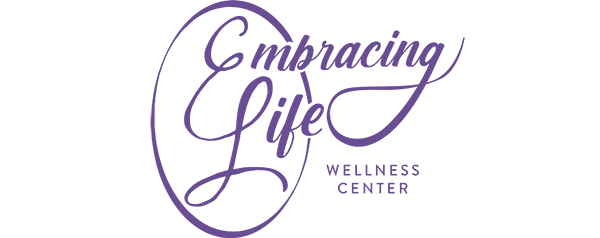
Each year in June, we recognize National PTSD Awareness Month. PTSD stands for Post Traumatic Stress Disorder and affects approximately 3.5 percent of U.S. adults every year. Approximately one in 11 people will be diagnosed with PTSD in their lifetime. Following a traumatic event, it’s important to recognize the symptoms of PTSD and to speak with your doctor about possible treatment options following a diagnosis.
Those suffering from PTSD have a hard time feeling safe for a prolonged period following a traumatic event in their life. They may experience nightmares or trouble sleeping, feel on edge, or no longer find pleasure in things they used to enjoy. PTSD symptoms can occur at any age, and may come and go.
Symptoms of PTSD fall into four categories. A mental health provider may diagnose someone with Post Traumatic Stress Disorder if they experience symptoms in all four of the categories:
- Reliving or re-experiencing the event
- Avoiding things or places that remind them of the event
- Negative changes in beliefs or feelings
- Hyperarousal or being on guard
In the first few weeks following a trauma, most people will experience at least a few post-trauma reactions and symptoms. However, if you or a loved one are experiencing these changes for more than one month, if they interfere with daily life, or if you have thoughts of hurting yourself, it is important to seek professional help as soon as possible.
There are a variety of treatment options available to help manage PTSD and the anxiety and depression that often accompanies it, including therapy and medication. And, knowing if you have PTSD is the first step to getting effective treatment. If you or a loved one are experiencing symptoms, contact us today to schedule a consultation.
This June, take the first step toward getting relief from PTSD. You are not alone, and we are here to help with kindness and compassion, this month and always.
